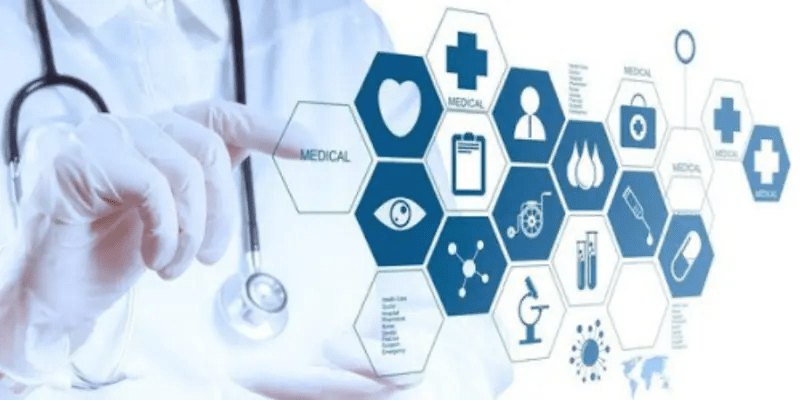The Future of Medical Billing: Top Trends Shaping Healthcare Revenue Management in 2024
The Future of Medical Billing : The landscape of healthcare is constantly evolving, and medical billing is no exception. As we navigate through 2024, several trends are set to redefine how healthcare providers manage their revenue cycles. These trends not only aim to enhance efficiency and accuracy but also to ensure that patient care remains at the forefront. Here’s a look at the top trends in medical billing for 2024.
1. Integration of Artificial Intelligence (AI) and Machine Learning
Artificial Intelligence (AI) and Machine Learning (ML) are revolutionizing many industries, and medical billing is no different. AI and ML are being used to automate repetitive tasks, reduce errors, and predict claim denials before they happen. By analyzing vast amounts of data, these technologies can identify patterns and anomalies that human eyes might miss, leading to faster and more accurate billing processes.
2. Telehealth Billing Optimization
The rise of telehealth, accelerated by the COVID-19 pandemic, has led to a significant change in how medical billing is conducted. Billing for telehealth services involves different codes and regulations compared to in-person visits. In 2024, we can expect further refinement and optimization in telehealth billing practices, ensuring that providers are adequately compensated for virtual consultations.
3. Value-Based Care Models
The shift from volume-based care to value-based care is continuing to gain momentum. Value-based care focuses on patient outcomes rather than the number of services provided. Medical billing systems are adapting to accommodate this shift by developing new billing models and metrics that align with value-based care principles. This ensures that providers are rewarded for delivering high-quality care and achieving positive patient outcomes.
4. Enhanced Data Security and Compliance
With the increasing digitization of healthcare records and billing processes, data security remains a top priority. In 2024, stricter regulations and enhanced security measures are expected to be implemented to protect patient data. Medical billing companies are investing in advanced cybersecurity solutions to prevent data breaches and ensure compliance with HIPAA and other regulatory requirements.
5. Patient-Centric Billing Practices
Patients are becoming more involved in their healthcare decisions, including understanding their medical bills. Transparent and patient-friendly billing practices are becoming the norm. This involves clear communication of billing details, easy-to-understand statements, and convenient payment options. Enhancing the patient financial experience is crucial for building trust and ensuring timely payments.
6. Robotic Process Automation (RPA)
Robotic Process Automation (RPA) is another technology making waves in the medical billing industry. RPA involves using software robots to handle repetitive and rule-based tasks such as data entry, claims processing, and payment posting. By automating these tasks, healthcare providers can reduce operational costs and minimize human errors, leading to more efficient billing processes.
7. Predictive Analytics for Revenue Cycle Management
Predictive analytics uses historical data to forecast future trends and outcomes. In medical billing, predictive analytics can help identify potential issues in the revenue cycle, such as claim denials or delays in payment. By proactively addressing these issues, healthcare providers can improve their cash flow and overall financial health.
8. Blockchain Technology
Blockchain technology, known for its security and transparency, is being explored for medical billing applications. Blockchain can provide a secure and immutable record of all billing transactions, reducing the risk of fraud and errors. It also allows for better tracking and verification of claims, making the billing process more transparent and trustworthy.
Conclusion
The Future of Medical Billing : As we move through 2024, these trends are set to transform the medical billing industry. By embracing these innovations, healthcare providers can enhance their revenue cycle management, reduce costs, and improve patient satisfaction. Staying ahead of these trends will be key for any healthcare provider looking to thrive in the ever-evolving landscape of medical billing.
At Prime Practice Management, we are committed to staying at the forefront of these advancements to provide our clients with cutting-edge solutions. Contact us today to learn how we can help your practice navigate the future of medical billing.





